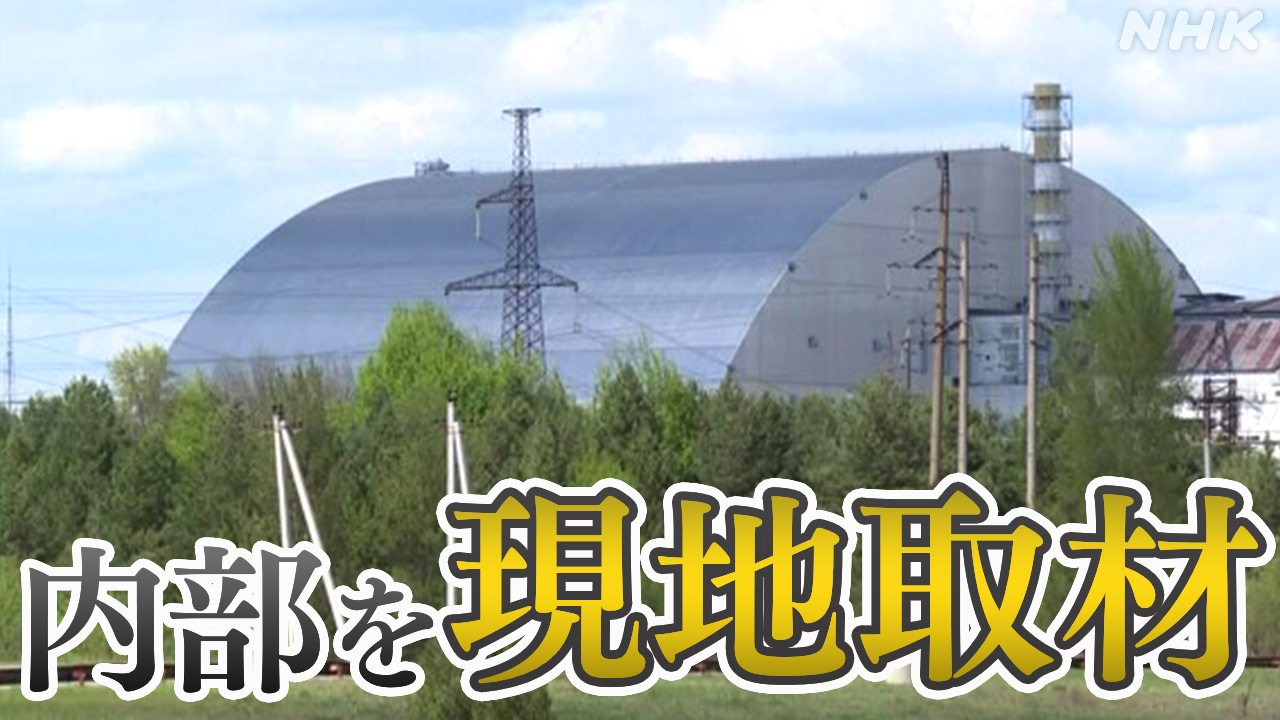Chernobyl Shelter Vulnerability: Russia's Attack Consequences – A Deep Dive into the Fallout
The ongoing conflict in Ukraine has cast a long shadow over the world, and nowhere is this more acutely felt than at the Chernobyl Exclusion Zone. Russia's invasion and subsequent military operations have raised serious concerns about the vulnerability of the Chernobyl Nuclear Power Plant's sarcophagus, the shelter protecting the damaged reactor from further environmental contamination. This article will delve into the potential consequences of Russia's actions and the lasting impact on the environment and global safety.
The Precarious State of Chernobyl's Shelter
The Chernobyl sarcophagus, while a significant engineering feat, is not without its vulnerabilities. Age, deterioration, and the inherent instability of the site have always posed challenges. The new confinement structure, the Chernobyl New Safe Confinement (NSC), built to replace the older sarcophagus, offers improved protection, but it's still susceptible to external factors.
Key Vulnerabilities Exacerbated by Conflict:
- Physical Damage: The possibility of direct military strikes or accidental damage from shelling or fighting in the immediate vicinity poses a significant threat. Even minor damage could compromise the integrity of the shelter, leading to the release of radioactive materials.
- Power Outages: The NSC relies on a consistent power supply for its ventilation and monitoring systems. Disruptions to the power grid, whether intentional or accidental, could severely impact the shelter's effectiveness in containing radioactive materials.
- Lack of Maintenance and Monitoring: The conflict has inevitably hampered access for maintenance crews and monitoring personnel, increasing the risk of undetected deterioration and potential safety breaches.
- Increased Risk of Wildfires: The Exclusion Zone is susceptible to wildfires, and military activity could inadvertently ignite fires, potentially spreading radioactive dust and debris across a wider area.
The Environmental and Global Consequences
The potential consequences of damage to the Chernobyl shelter are far-reaching and deeply concerning:
- Radioactive Contamination: A breach in the shelter's containment could release significant amounts of radioactive materials into the environment, affecting local ecosystems and potentially impacting neighboring countries.
- Health Impacts: Increased exposure to radiation could lead to various health problems, including cancer and other long-term illnesses, for both humans and wildlife.
- Economic Impacts: Contamination could necessitate large-scale decontamination efforts, leading to substantial economic losses and disrupting agricultural activities.
- International Security Concerns: The situation at Chernobyl underscores the broader dangers of conflict occurring near nuclear facilities and highlights the need for increased international cooperation in nuclear safety.
The International Response and Future Outlook
The international community has expressed serious concerns about the situation at Chernobyl. Organizations like the International Atomic Energy Agency (IAEA) are actively monitoring the situation and calling for unimpeded access for safety inspectors. However, the ongoing conflict continues to hinder these efforts.
The long-term outlook for Chernobyl remains uncertain. The extent of the damage caused by the conflict and the resulting environmental and health impacts will likely take years to fully assess. It highlights the urgent need for robust international agreements and mechanisms to protect nuclear facilities from the risks of armed conflict.
Conclusion: A Call for Peace and Nuclear Safety
The vulnerability of Chernobyl's shelter in the face of armed conflict underscores the critical need for peace in Ukraine and the strengthening of global nuclear safety protocols. The potential consequences of a major incident are catastrophic, affecting not just the region but the entire world. The situation serves as a stark reminder of the long-term, devastating impacts of war on the environment and human health. We must prioritize diplomacy and international cooperation to avert further disasters.
Further Reading:
Keywords: Chernobyl, Chernobyl Nuclear Power Plant, Russia Ukraine War, Chernobyl Shelter, Radioactive Contamination, Nuclear Safety, International Atomic Energy Agency (IAEA), New Safe Confinement (NSC), Environmental Impact, Global Security, Ukraine Conflict, Exclusion Zone.
